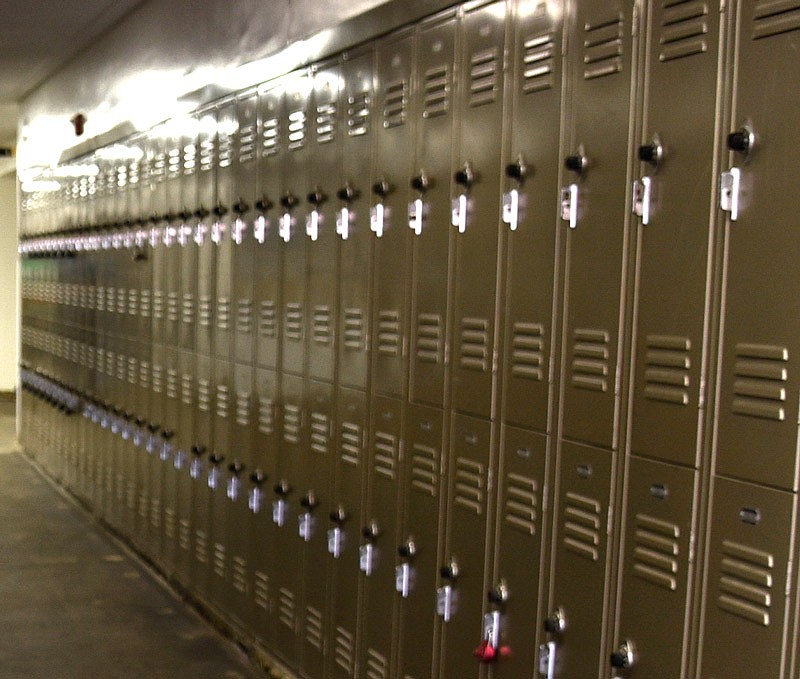Students could return to school with a learning loss of 30 percent in reading and more than 50 percent in math as a result of COVID-19-related school closures - nearly a full year behind in math for some grades, according to a Northwest Evaluation Association study.
Now, teachers must determine how to focus on grade-level material while tending to learning gaps in knowledge needed to master new content.
The Missouri Department of Elementary and Secondary Education's Task Force for Learning Acceleration created recommendations for DESE and school districts to address learning loss, focusing on acceleration, social-emotional needs and assessment.
DESE formed the task force in May, made up of stakeholders from across Missouri, to address the learning loss that likely occurred during school closures in the spring. The task force contained three work groups: "Assessing Learning Loss," "Acceleration of Learning" and "Reaching All Students."
The task force recommends school leaders and teachers focus on acceleration instead of remediation during the 2020-21 school year. Instead of trying to teach students all unmastered learning standards from the spring at the beginning of the coming school year, the task force recommends using assessments to "gather data on prerequisite learning needed to master grade-level content, shortly before the new grade-level material is introduced," to provide the most relevant information to students.
Acceleration of learning means "ensuring students consistently receive grade-level materials, tasks and assignments along with appropriate scaffolds that make the work accessible," according to the task force's document on acceleration of learning.
"Instead of sending students backward to fill in all the potential gaps in their learning, leaders and teachers should focus on filling in only the most critical gaps - and not in isolation, but at the moment they're needed," the document states.
This will accelerate student learning by removing learning barriers before they get in the way, it states.
The task force created five key pieces to accelerated learning:
- Generate thinking, purpose, relevance and curiosity.
- Clearly articulate the learning goal and expectations
- Scaffold and practice essential prerequisite skills
- Dig into the new concept, introduce new vocabulary and review prior vocabulary.
- Conduct formative assessments frequently.
The task force recommends educators use "multiple, ongoing formative assessment and feedback cycles to monitor mastery of needed prerequisite skills, as well as the application of this background to new learning," according to its "acceleration of learning" document.
It recommends DESE provide assessments for districts to evaluate learning loss, help districts identify essential learning standards, offer professional development on key topics, create mechanisms for sharing resources among districts, emphasize students' physical and social-emotional needs, and foster continued collaboration on acceleration of learning.
Each work group also created a list of questions for DESE to consider, including questions such as "Can DESE develop formative assessments to determine gaps in learning?" "Will a 'Continuity of Learning' plan be something that districts will need to submit to DESE for approval?" and "Can DESE promote collaboration between national, state and local agencies to provide access to existing resources compiled by their agencies which address physical and social-emotional needs?"
The task force placed high priority on the social and emotional needs of students and staff, recommending educators and staff members be sensitive to the impact of trauma, remain flexible and recognize that equity is not the same as equality, meaning school districts will need to provide vulnerable students with more assistance than other students.
"Giving students who come to school lagging academically (because of factors outside of a school's control) the exact same resources as the students who are on target will not close the achievement gap," the task force's "Recommendations for Districts" document states.
The task force recommends school districts determine students' needs through assessment; accelerate student learning aligned to students' needs; create communication plans for curriculum and instruction; develop flexible, alternative scheduling and staffing models; support the physical and social-emotional needs of students, families and educators; and prioritize inclusion, equity and excellence.
Assistant Commissioner Blaine Henningsen and Standards and Assessment Administrator Lisa Sireno will present these recommendations at the State Board of Education meeting Tuesday.
To view the task force's full recommendations and resources, visit dese.mo.gov and click "Task Force for Learning Acceleration" on the "COVID-19 Updates" page.


